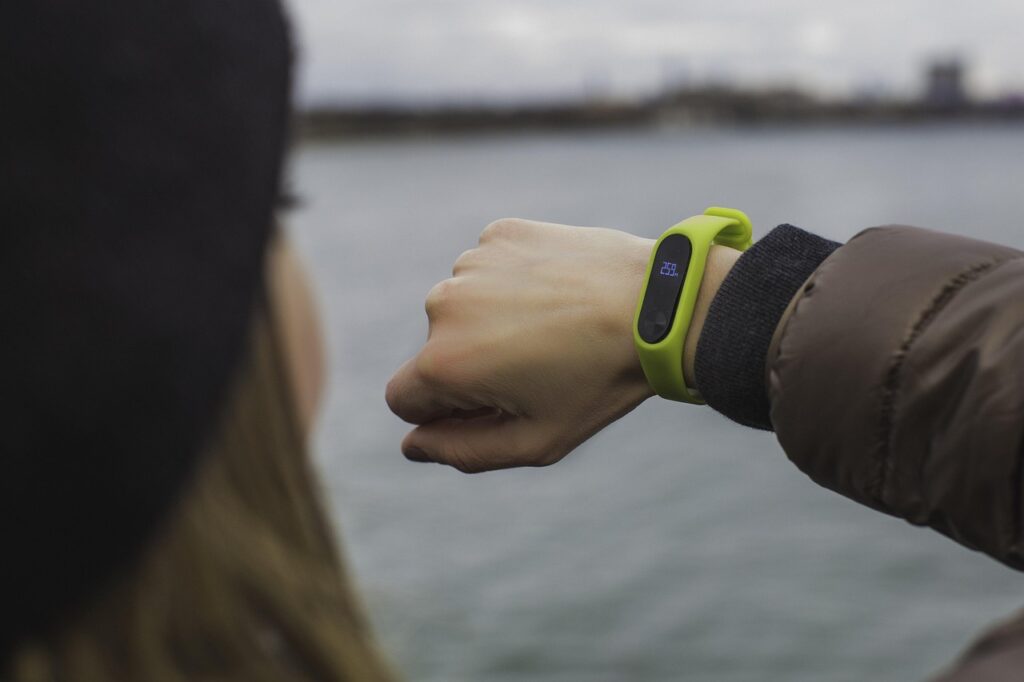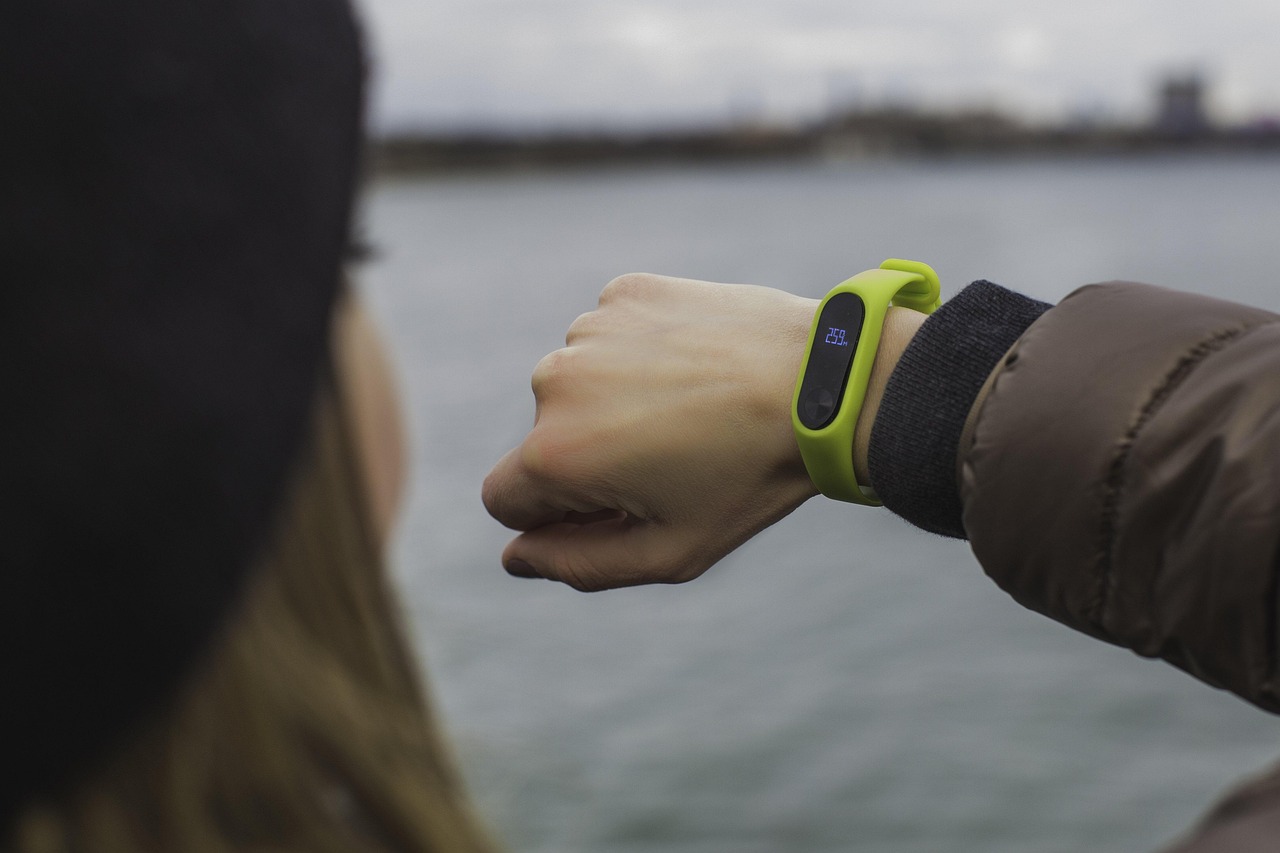
Wearable technology is evolving rapidly—and it might soon do more than just count your steps or track your sleep. The next generation of fitness trackers is being designed to potentially detect early signs of serious health issues, including heart attacks, before symptoms even appear.
🫀 The Science Behind It
Modern fitness trackers already monitor heart rate, oxygen levels, and sleep quality. But new advancements in biometric sensors and AI could take things even further. By continuously analyzing subtle changes in your heart rate variability (HRV), skin temperature, ECG patterns, and even blood oxygen levels, future devices could flag abnormalities that might indicate cardiovascular distress.
Researchers and developers are working to train algorithms that learn what’s “normal” for your body and detect any significant deviations that may be early signs of cardiac issues.
📉 From Data to Early Warnings
These smart wearables would send alerts directly to your phone—or even to your healthcare provider—if they detect patterns linked to elevated heart attack risk. The idea is to give users a heads-up long before a medical emergency occurs, offering a window of time to seek professional care or make lifestyle changes.
🔍 What Makes It Possible
- ECG Monitoring: Built-in electrocardiogram sensors can track heart rhythm irregularities in real time.
- AI & Machine Learning: Personalized health baselines help detect early warning signs specific to each individual.
- 24/7 Monitoring: Unlike occasional checkups, wearables track your body continuously, catching what might otherwise go unnoticed.
🔮 A Glimpse Into the Future
While not yet a replacement for medical diagnosis, this tech could become a crucial early-warning system. In the near future, your fitness tracker might not just help you get fit—it could save your life.



